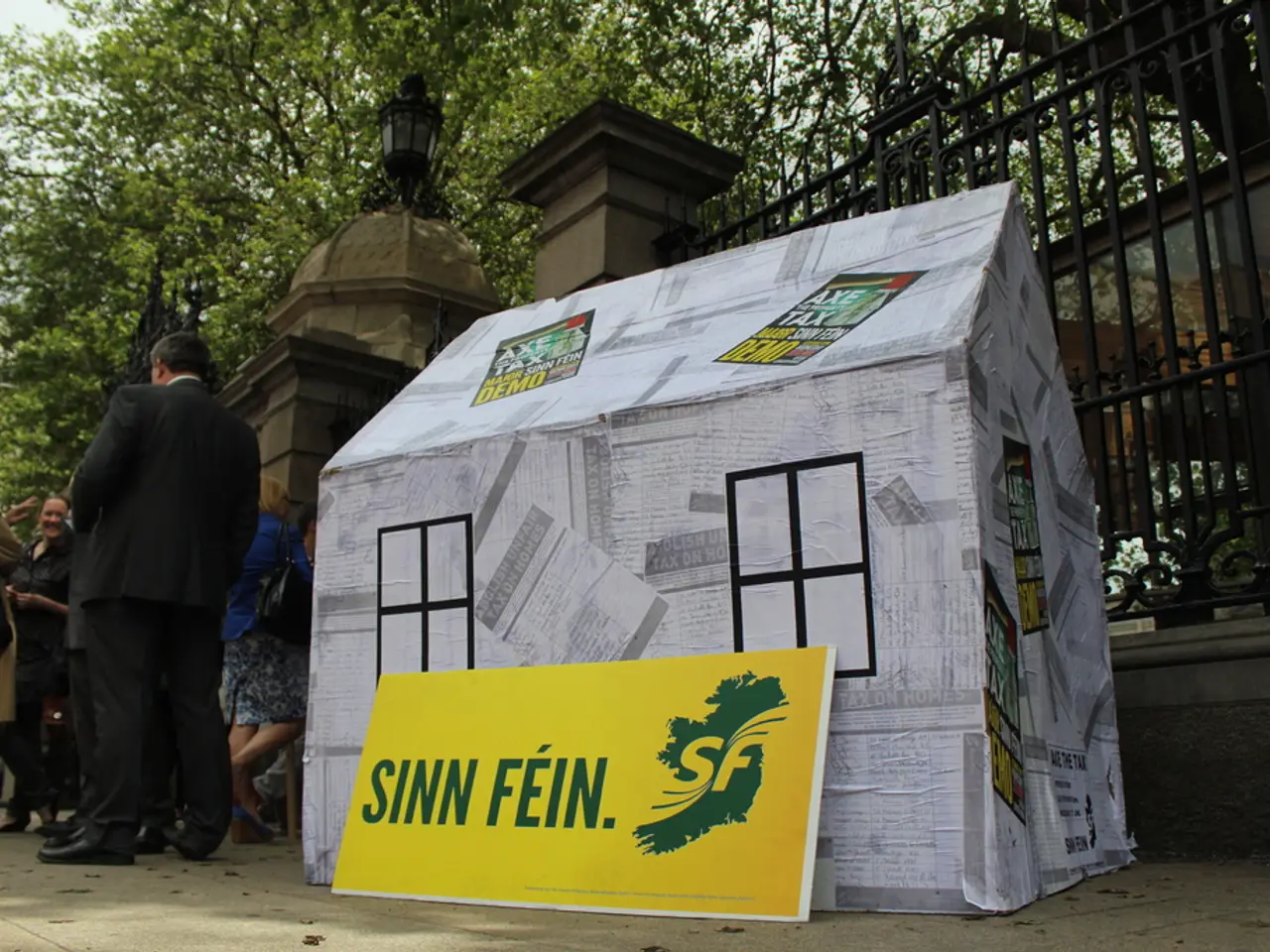Central Bank Governor of France advocates for potential interest rate reduction.
Let's Chat: French Central Bank Boss Mulls Over More Rate Cuts This Year
Call it a dance with the economic numbers, as François Villeroy de Galhau, the French central bank governor, is contemplating another interest rate reduction this year, but only if the situation demands it.
"Unless some major external shocks happen, like a new bombshell in the Middle East, monetary policy is leaning towards easing in the next six months," Villeroy shared during a speech at the European University Institute in Italy last Thursday.
In response to sagging inflation, the European Central Bank (ECB) lowered its key interest rate by 0.25% to 2% earlier this month, its eighth rate cut since June 2024. The ECB, however, left the door open for additional moves. The markets, on the other hand, don't expect another rate cut until the final quarter.
(Note: Details below are for the curious pursue. If you're not interested, feel free to skip this part. Just remember, behind these numbers are complex economic factors like fluctuating energy prices, slower services inflation, and tensions between nations.)
The ECB prexy, Christine Lagarde, has adopted a "data-dependent" stance when it comes to monetary policy. This implies the ECB is keeping a close eye on inflation and economic indicators before deciding on further actions. Despite the risk of inflation falling even further, the ECB has hinted that the current monetary easing cycle could be nearing its end, suggesting a possible pause after these widespread cuts.
Economic uncertainties like trade tensions are recognized by the ECB as potential hindrances to business investment and exports. However, the ECB also acknowledges that increasing government investment and strong labor markets can reinforce growth and economic resilience to shocks.
In essence, while the ECB has enacted deep interest rate cuts this year due to concerns about underperforming inflation and potential economic instabilities, its recent statements imply a possible pause in further cuts. The decision to pull the trigger on more reductions later this year or in the future will depend on the performance of the economy and the behavior of inflation, but as things stand, the ECB appears to be signaling caution and a potential halt to further cuts after these recent moves.
(Sources: 1, 2, 3, 4, and 5)
In light of the sagging inflation and potential economic instabilities, the European Central Bank (ECB) and perhaps the French central bank may consider easing monetary policy further, such as through more interest rate cuts. Such decisions could impact the finance and business sectors significantly, as they rely on the stability of the economy for growth and investment.





